Summer Water Saving Tips for Virginia Homeowners: How to Lower Your Bill and Protect Your Property
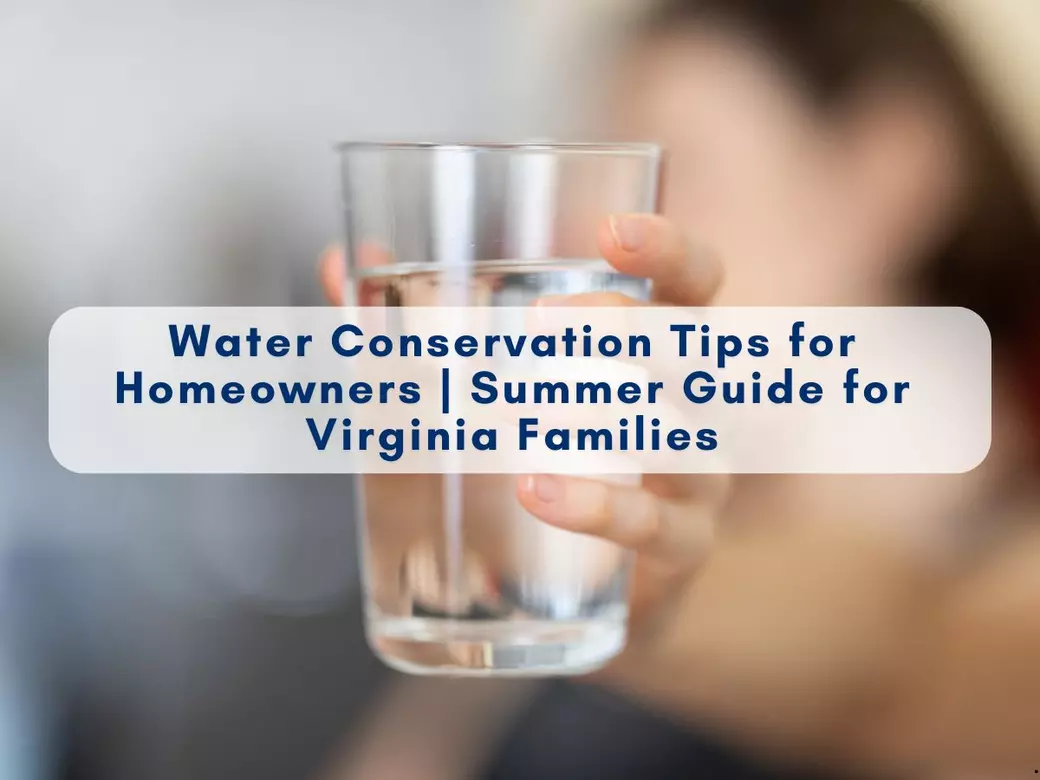
Water Conservation Tips for Homeowners | Summer Guide for Virginia Families
As the summer heat rolls into Central Virginia, families are spending more time at home—especially after school lets out. Between backyard BBQs, extra laundry, thirsty gardens, and kids running through sprinklers, water usage tends to skyrocket this time of year. But with rising utility costs and growing awareness around sustainable living, more homeowners are asking the same question:
“How can I conserve water at home without sacrificing comfort or fun?”
Whether you're a first-time homebuyer settling into your new space, a military family PCSing to Virginia trying to get a handle on utility bills, or a long-time homeowner thinking about upgrades, summer is the perfect time to evaluate your water use.
Let’s dive into easy, affordable, and practical ways to reduce your water usage, lower your bills, and protect your property this season.
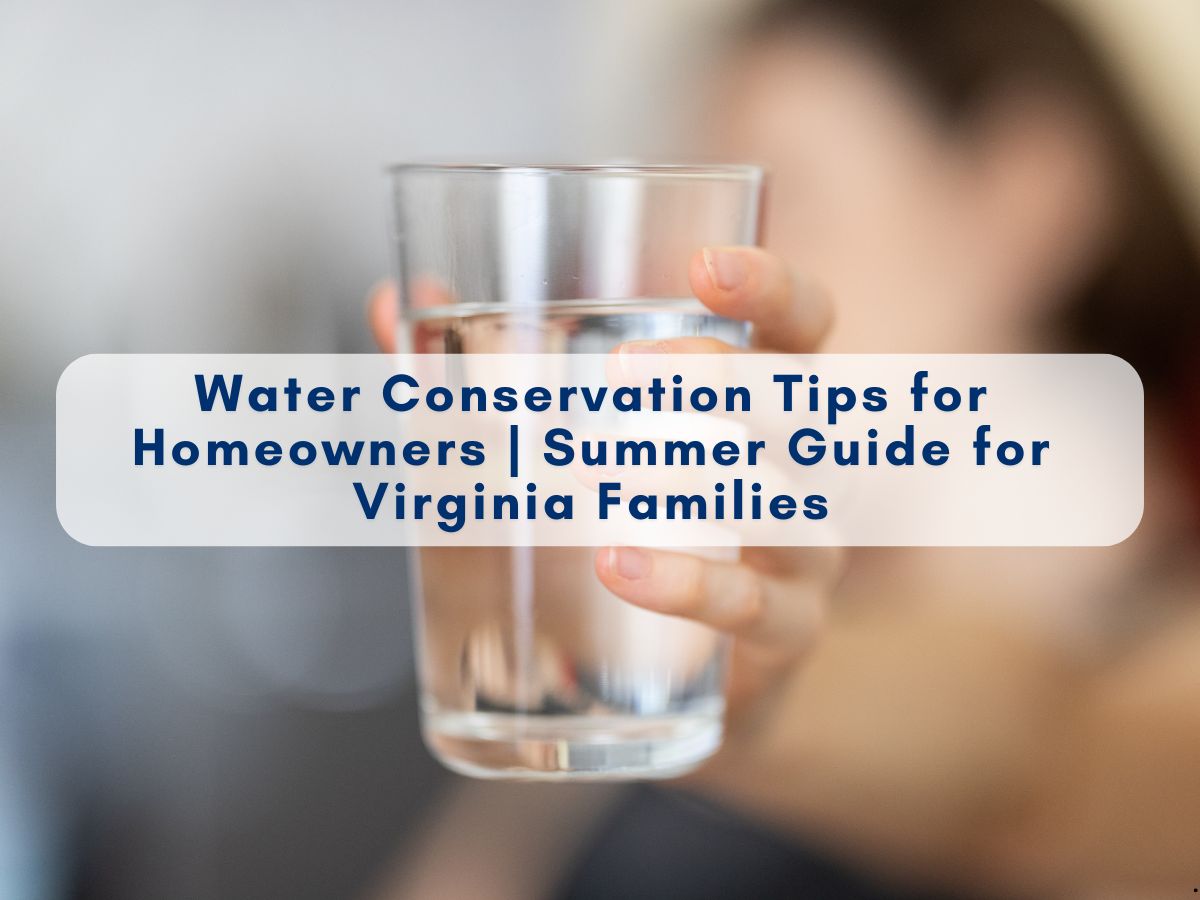
Why Summer Water Usage Spikes
It’s not your imagination—water bills almost always go up in the summer. Here’s why:
-
Kids are home all day using sinks, toilets, and the washing machine
-
Gardens and lawns require extra irrigation to stay healthy
-
Cooling systems and even older plumbing fixtures can become inefficient with heat
-
Backyard fun like kiddie pools and sprinklers lead to unplanned water waste
➡️ And if you're buying or selling a home, understanding seasonal utility patterns is key to setting the right expectations—or improving curb appeal with water-wise landscaping.
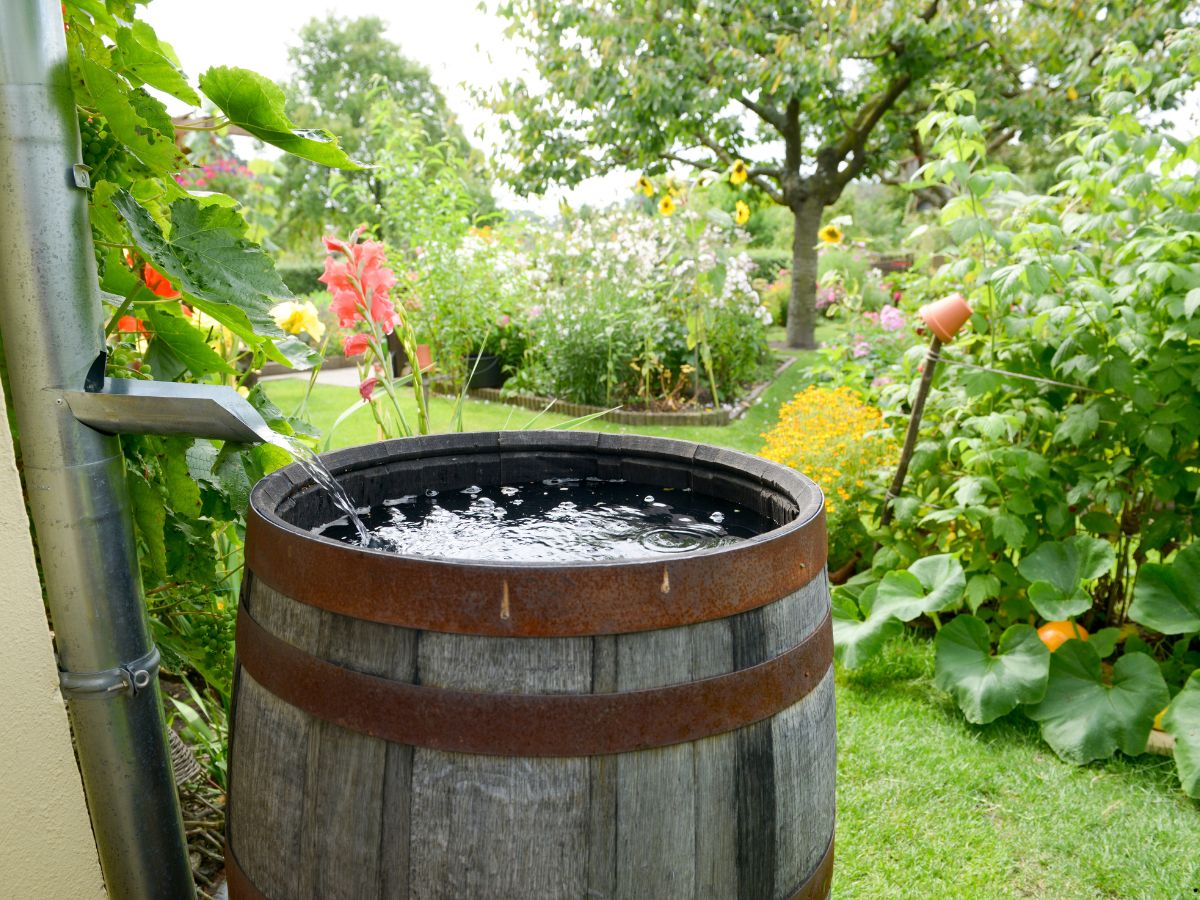
1. Install a Rain Barrel for Smart Summer Irrigation
Keeping your lawn green in July? Not easy. Keeping it green without skyrocketing your water bill? Even harder.
Rain barrels offer a sustainable solution. Starting at around $100, these barrels connect to your home’s downspouts and collect rainwater runoff from your roof. This water can be used to hydrate your ornamental plants, flowers, and even your vegetable garden.
Bonus Tip: Add an electric pump to distribute the water more efficiently across your yard—perfect for those larger properties common in places like Locust Grove or Unionville.
2. Skip the Pre-Rinse—Let the Dishwasher Handle It
If you grew up watching your parents rinse every plate before loading the dishwasher, you're not alone. But today’s dishwashers are built to be powerful and efficient—especially when used correctly.
Try this instead:
-
Scrape food into the trash or compost bin
-
Load dishes directly into the dishwasher
-
Only run it when it's full
Pre-rinsing not only wastes water, but it also confuses newer dishwasher sensors, making them run longer cycles than necessary.
3. Check Toilets and Faucets for Sneaky Leaks
It’s easy to ignore a toilet that runs for “just a few seconds,” but small leaks add up—especially in older homes or during hot months when seals can shrink or crack.
💡Quick test for toilet leaks:
Add a few drops of food coloring to the toilet tank. If you see the color in the bowl without flushing, you have a leak and should replace the flapper or fill mechanism.
Other common culprits:
-
Dripping bathroom faucets
-
Outdoor hoses with loose connections
-
Water heaters with slow leaks
Fixing these early can save hundreds of gallons per month—and even prevent costly water damage.
4. Water Lawns and Plants Early or Late
Watering your lawn during the heat of the day? Most of it evaporates before it even reaches the roots.
Instead, water during the early morning (before 9 a.m.) or early evening (after 6 p.m.) when temperatures drop and winds are calmer. This allows the soil to absorb more moisture and reduces the amount you need to use.
For landowners or buyers exploring rural properties, efficient irrigation is especially important for managing larger yards and gardens.
5. Trade Backyard Sprinklers for Local Splash Pads
Let’s be honest—kids could run through the sprinkler all day if you let them. But if you’re trying to conserve water, there are better options that still allow for summer fun.
Local option to explore:
📍Rockwater Park in Culpeper, VA — This splash pad is free and open during the summer, offering a great way to cool down without increasing your water bill.
You’ll also find similar amenities at parks and recreational centers across Spotsylvania, Orange, and Louisa counties.
6. Upgrade to Water-Efficient Appliances and Fixtures
If you’re replacing appliances this summer, keep water efficiency in mind. Many modern models are designed to reduce water usage dramatically without sacrificing performance.
Look for:
-
ENERGY STAR-rated dishwashers and washing machines
-
Low-flow faucets and shower heads
-
Dual-flush toilets
Even small changes, like replacing an old kitchen faucet, can make a noticeable difference over time—especially for busy households or multi-generational homes.
7. Use Native Plants in Your Landscaping
Choosing the right plants can make a huge impact on your summer water use. Native plants are adapted to the Central Virginia climate and typically need less water, fertilizer, and attention than exotic species.
Great drought-tolerant plants for Virginia include:
-
Black-eyed Susan
-
Eastern red columbine
-
Butterfly weed
-
Purple coneflower
Visit your local garden center, like Deep Roots, or county extension office to find what grows best in your area—and which options attract pollinators for an added bonus.
8. Create a Home Water Use Routine
If you’re a first-time homebuyer, military family, or even a long-time renter finally stepping into homeownership, creating a water-saving routine can go a long way toward reducing stress and managing costs.
Consider:
-
Running the washing machine only with full loads
-
Turning off the faucet while brushing your teeth
-
Shortening showers by just a few minutes
-
Keeping a watering calendar for your garden
✅ Over time, these habits become second nature—and your wallet will thank you.
Water Conservation Matters—For Your Budget and Your Property
Conserving water isn’t just about lowering your monthly utility bill (though that’s a major benefit). It’s also about creating a more sustainable household, protecting your property from unnecessary wear and tear, and even increasing the appeal of your home if you ever decide to sell. Smart water usage can help you extend the life of your landscaping, prevent water damage, and keep your home running efficiently—especially during Virginia’s hot and humid summers.
Whether you're a first-time buyer navigating homeownership for the first summer or a homeowner simply trying to make your property more efficient, these small but meaningful changes can add up to big results.
❓ Have questions about homeownership or eco-friendly upgrades?
Let’s chat! Reach out anytime to schedule a consultation. I’d love to help you find a home that fit your lifestyle.
Categories
Recent Posts
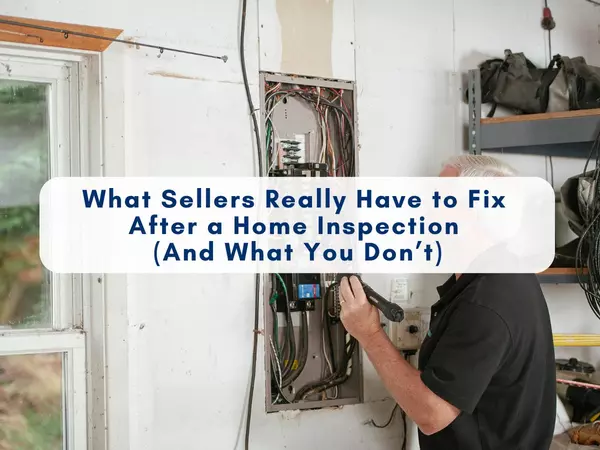





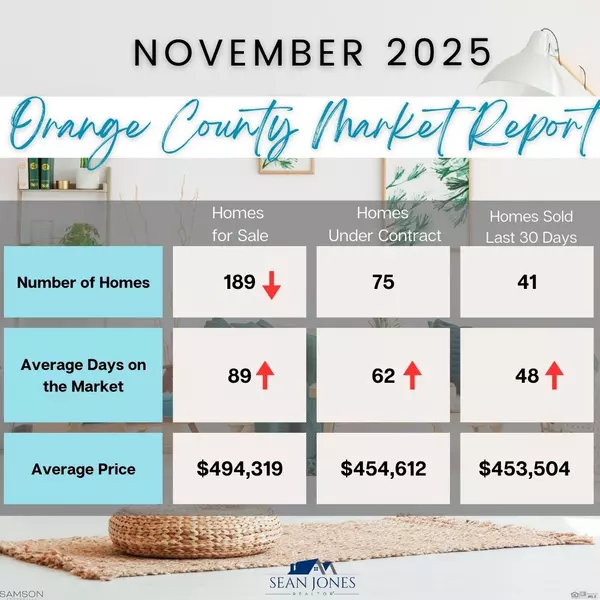
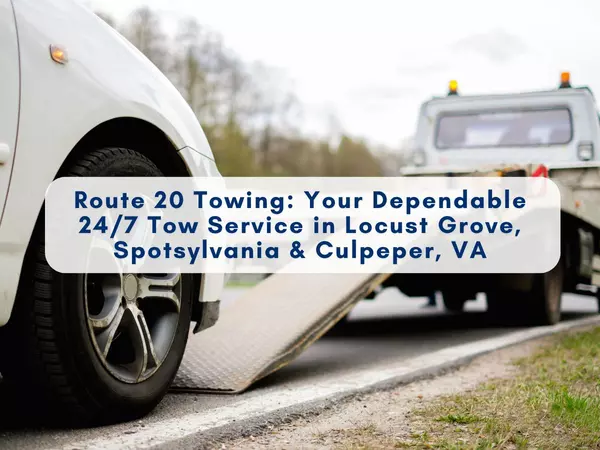



Buying a home isn’t just a financial decision—it’s a deeply personal journey filled with hopes, dreams, and big life changes. That’s why choosing the right real estate professional is one of the most important steps you can take.
A knowledgeable and experienced REALTOR® does more than open doors and write offers. They’re your advocate, your problem-solver, and your steady guide through what can sometimes feel like an overwhelming process. Whether it's navigating a competitive market, negotiating on your behalf, or keeping things on track behind the scenes, the right agent is there to protect your interests every step of the way.
In the end, buying a home should be an empowering experience. With the right person by your side—someone who brings both expertise and heart—you can move forward with confidence, knowing you're in good hands with Sean Jones.
GET MORE INFORMATION
